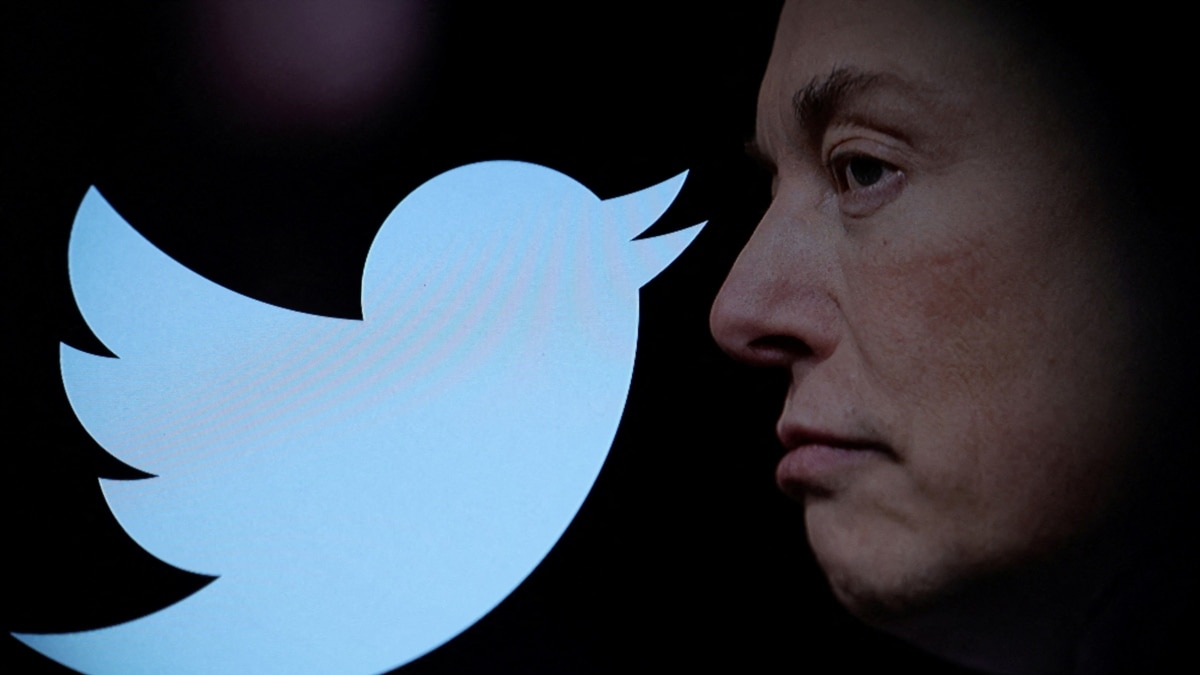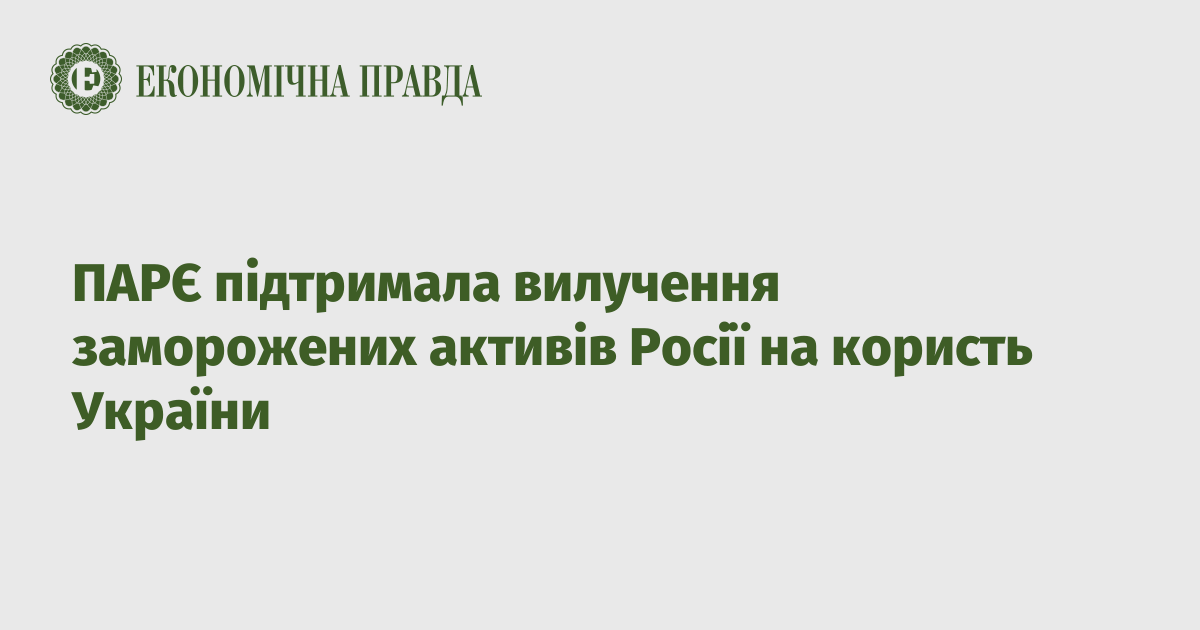Elon Musk is the biggest risk for Twitter

Twitter has become a less civilized platform since Elon Musk bought it, says Nina Yankovic, a disinformation expert and vice president of the Center for Information Resilience project.
In an interview with Voice of America, she said that there is less mutual respect on Twitter and more abuse, harassment, and fake news. Yankovic now sees the following main risks for users:
Poor content moderation. Elon Musk released about 50% of employees, in particular technical staff, engaged in security, content moderation, and supported the operation of the platform.
“Twitter is a mess right now, and we’ve seen a lot of reports that confirm that. The people who are left working there are doing a huge amount of work and they don’t have the right management support,” Yankovic says.
Voice of America previously reported that several former employees of the company challenged their dismissal in court, stating that they were not given advance notice of the dismissal, as required by law.
Musk also directed subordinates to cut costs by a billion dollars, even if it means reducing the system’s capacity to process data during peak times, Reuters reported.
Verification of fake accounts. One of Musk’s most controversial innovations on Twitter is a change in the verification policy. Previously, to get a blue confirmation check, you had to pass a special check. Now you can buy it for money. Yankovic warns users that verification no longer means a verified real person.
“Anyone, from Russian trolls in St. Petersburg to the Taliban, can now buy verification for a couple of dollars a month,” says the expert.
We will remind, among the critics of the innovation is the congresswoman from the Democratic Party of the USA, Alexandra Ocasio-Cortez. She accused Musk of trying to issue a subscription for free speech. “Lmao, a billionaire is really trying to sell people the idea that ‘free speech’ is actually an $8/month subscription,” the congresswoman tweeted.
Sending bullying and fakes. First of all, according to Yankovich, this is facilitated by the behavior of the CEO himself.
“Musk spreads right-wing, agonizing ideas, conspiracy theories, disrespects other users, blocks journalists he doesn’t like – all this has emboldened many of his followers,” she says.
In addition, Yankovic explains, hate speech on Twitter is fueled by the unblocking of accounts that were previously banned for such behavior: accounts that spread QAnon conspiracy theories or represented far-right extremist and terrorist organizations on the platform. In addition, Musk restored the account of Donald Trump. His page was previously shut down after his supporters stormed the Capitol, citing the former president’s tweets as encouraging violence.
“We saw a reduction in misinformation and other malicious content when these accounts were banned. Now we are already seeing a rollback. This shows that there are no consequences – it doesn’t matter what you do, your account can be restored,” Yankovic warns.
It will be recalled that earlier the experts assessed the decision regarding Trump’s account ambiguously. “Like it or not, President Trump is one of the leading political figures in the country, and the public is very interested in hearing from him,” said Anthony Romero, executive director of the American Civil Liberties Union. Instead, Anti-Defamation League CEO Jonathan Greenblatt said, “Former President Trump should not be given a platform to amplify his hateful and violent rhetoric on mainstream social media.”
Lack of understanding of the local context. It is because of this, the expert says, that in December there was a noticeable decline in the reach of tweets about Ukraine, and many Ukrainians were blocked by the platform: users could not regain access to their page in the social network using a mobile phone number. Yankovich believes that all social networks should invest in the development of regional offices.
“These are truly ridiculous mistakes, a lack of understanding of the region, the context, and, frankly, a lack of linguistic expertise. This shows a misunderstanding of the difference between Ukraine and Russia – that they are two separate countries with distinct historical, cultural and linguistic identities, which over the last eight – nine years have become even more distant from each other.”
Nina Yankovic says that the main risk for the future of Twitter is the chaotic leadership of Musk. She believes that Musk either doesn’t understand the technical components of his platform, or is only too aware of how Twitter can influence politics, politicians and political debate around the world, and is taking advantage of it.
The decline of the platform will first affect the most vulnerable users who received their voice on Twitter, Yankovic says.
“I worry about the loss of this public platform, especially for communities that do not have such an audience elsewhere: Ukrainians, people of different races, other peoples struggling with authoritarianism, and marginalized communities. It will take a long time to find a platform where they can find themselves and find an audience”.











